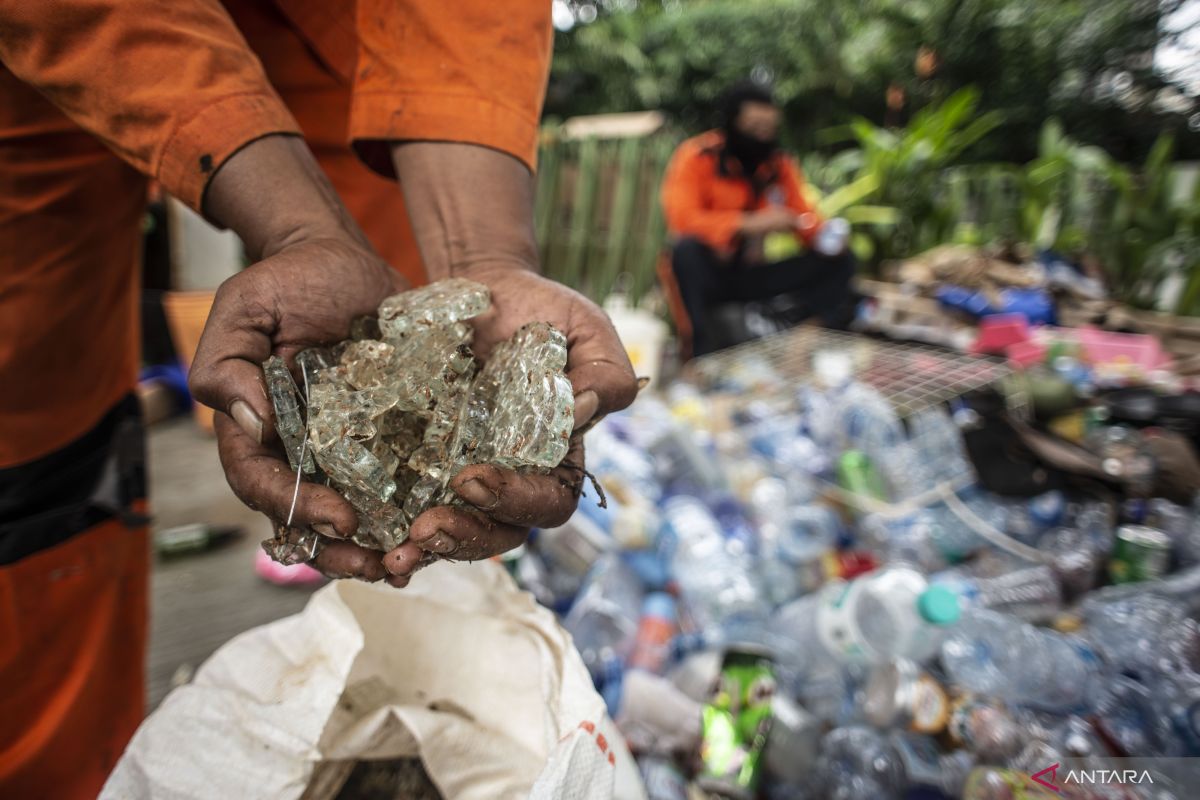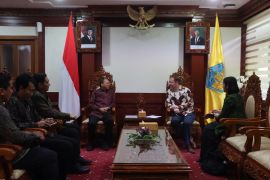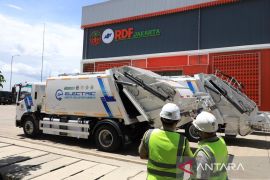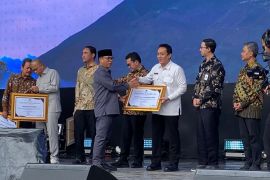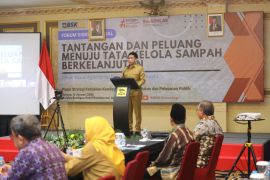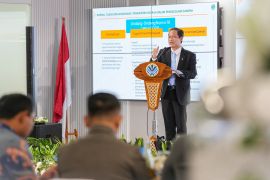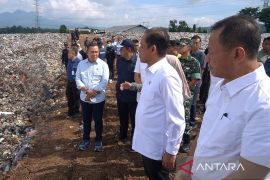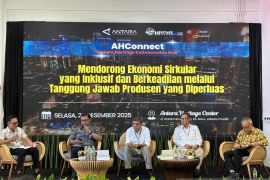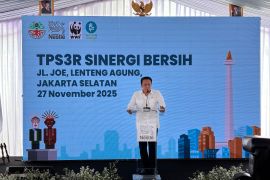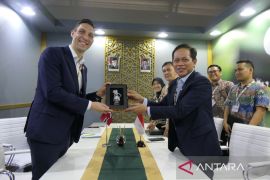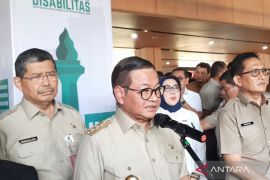This model can also be replicated in other regions of IndonesiaBogor, W Java (ANTARA) - An environmental economist at the Center for Southeast Asian Studies (CSEAS) highlighted the importance of combining waste sorting at homes and a segregated waste transport system to achieve sustainable waste management in Indonesia.
To this end, the CSEAS has conducted a pilot project in Kendalpayak Village, Malang District, East Java Province, the think tank's environmental economist, Risman, noted in a press statement on Saturday.
The pilot project, conducted by the CSEAS along with the Malang District Environment Agency with support from the European Union and German Government (GIZ), was aimed at building local capacity for waste sorting at homes and implementing a segregated waste transport system, he remarked.
"This model can also be replicated in other regions of Indonesia," according to Arisman, who is concurrently the Jakarta-based CSEAS' executive director.
To wrap up the pilot project, a workshop titled "Empowering Local Capacity for Sustainable Waste Management and Extended Producer Responsibility toward Plastic Packaging" had been held at Malang's Harris Hotel and Conventions on April 20, 2022.
Related news: Indonesia bolstering green economy through waste management
At the workshop, a draft of policy recommendations and lessons obtained from the Kendalpayak project was presented to the Malang district administration.
Representatives from the German Government (GIZ), Ministry of Environment and Forestry, Ministry of Public Works and Housing, Malang District's Environment Agency, 3Rs-based waste disposal facilities, waste banks, NGOs, plastic recycling companies, academicians, and local community figures participated in the workshop.
Renung from the Malang Regency Environment Agency was quoted in the press statement as saying that the pilot project served as a model and reference for revisions to the Regional Policy and Strategy (Jakstrada) on Household Waste Management and Similar Waste.
Indonesia has been striving to reduce waste entering landfills by 30 percent in 2025. The Indonesian Ministry of Environment and Forestry's data revealed that plastics constituted 15 percent, or approximately 26.25 tons of the daily waste arriving in landfills.
To address this problem, the Indonesian Government has implemented various waste management regulations, including the Minister of Environment and Forestry Decree No.P.75/MENLHK/SETJEN/KUM.1/10/2019 on the Roadmap of Waste Reduction by Producers (20202029).
Related news: Indonesia seeks collaboration with Japan to improve waste management
The decree is aimed at minimizing product and packaging waste that expands the role of producers in the post-production process through the Extended Producer Responsibility (EPR) scheme, according to the press statement.
This EPR scheme is one of the main strategies used to reduce and manage packaging waste, especially plastics, in Indonesia. In this regard, local initiatives and the community play a crucial role in achieving sustainable waste management.
Each stakeholder plays an important role in making plans, programs, and concrete procedures that will accelerate and enhance waste management efforts, especially in Malang District, according to the press statement.
Related news: Gov't makes booster shots mandatory for Eid homecoming travelers
Related news: Female regional leaders to boost children's vaccination rate: Ministry
Reporter: Rahmad Nasution
Editor: Fardah Assegaf
Copyright © ANTARA 2022
